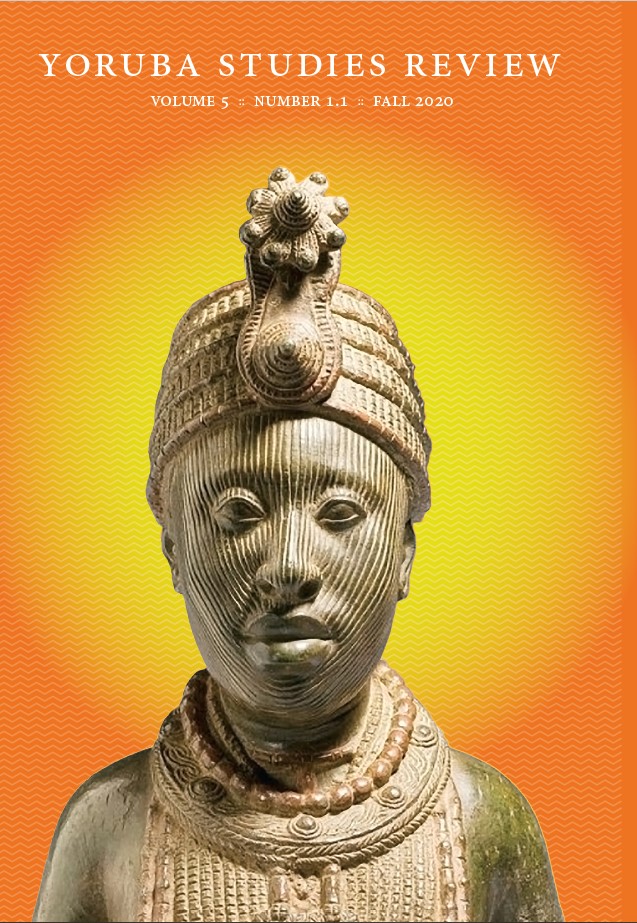Abstract
Yorùbá literary critics such as Olabimtan (1974a), Fo ̣ lọ runs ̣ ọ (1998), among ̣ others, have classified D. A. Obasá as a unique colonial poet whose poems ̣ were committed to the promotion of Yorùbá cultural heritage. Tus, a lot of critical works that exist on Obasa’s poems largely concentrate on the cultural ̣ and the philosophical dimensions with little or no focus on the socio-political commitment of the poet. The objective of this study therefore, was to examine the socio-political commitment of Obasa and his poetic utterances. The research methodology is descriptive. It is a corpus study or content analysis of the poetry books. Poems that are relevant to socio-political issues in the three books (Ìwé Kinni Awon Akéwì, ̣ Ìwé Kejì Awon Akéwì and ̣ Ìwé Kéta ̣ Àwoṇ Akéwì) were analyzed within the theory of Nativism. The major findings of the study were that: the selected poems have diverse socio-political themes as related to traditional politics, colonial politics, Yorùbá civil wars, first world war, migration and the need to remember one’s home or country; some of the poems were used as viable tool for political education; while others were essentially to ignite political consciousness in the readers. The paper concluded that Obasá was a committed poet who used his poetic utterances to disseminate, analyze, and educate the readers on the socio-political climate of colonial days. His non-violence ideological position in resolving socio-political issues is in consonance with the theory of Nativism and it is recommended for modern Yorùbá society and other African societies.

This work is licensed under a Creative Commons Attribution-NonCommercial 4.0 International License.
